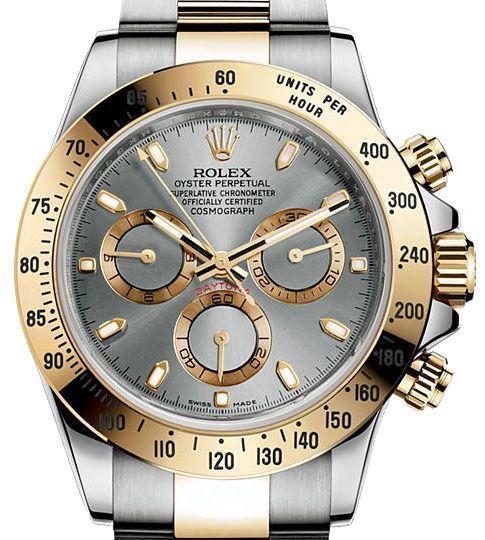Owning a clone watch—a counterfeit or replica of a luxury timepiece—might seem appealing due to its lower cost and visual similarity to prestigious brands. However, acquiring, possessing, or selling these replica watches carries significant legal and ethical risks. Understanding the legal implications is crucial to avoid potential legal trouble and financial consequences. Below is an exploration of the various legal risks associated with owning a clone watch.
1. Violation of Intellectual Property Rights
Luxury master copy watches brands invest substantial resources in developing their designs, trademarks, and patented technologies. Clone watches often infringe on these intellectual property rights by copying logos, design elements, and functionality. This infringement violates trademark and copyright laws in many countries. Consequently, the ownership, import, or distribution of counterfeit goods is often considered illegal.
Legal Consequences:
In jurisdictions like the United States and the European Union, penalties for violating intellectual property rights can be severe. Owners caught purchasing or selling clone watches may face fines or even imprisonment, depending on the extent of their involvement in counterfeit activities. Even personal use can sometimes lead to legal challenges, especially when crossing international borders.
2. Customs Seizure and Penalties
International travel with a clone rolex copy watches in dubai can expose the owner to scrutiny from customs authorities. Many countries have strict regulations against importing counterfeit goods. If customs officials detect a clone watch, they can confiscate it and impose fines on the traveler. In some cases, travelers may face further questioning or legal proceedings to determine whether they were knowingly attempting to smuggle counterfeit goods.
Case Example:
In the United States, Customs and Border Protection (CBP) agents regularly inspect for counterfeit items. If found, the clone watch will be seized, and the traveler may receive a notice of penalty or legal summons.
3. Consumer Protection Laws
Clone watches are often made with inferior materials, lacking the durability, precision, and craftsmanship of genuine timepieces. As such, they may violate consumer protection laws that guard against deceptive practices and substandard products. Selling or misrepresenting a clone watch as genuine could result in legal actions initiated by buyers or regulatory authorities.
Legal Responsibility of Sellers:
Individuals who attempt to resell clone watches, even unknowingly, may be liable for false advertising or fraud. If a buyer discovers the watch is a replica and feels deceived, they could sue the seller for damages.
4. Criminal Charges for Counterfeit Trade
Involvement in the distribution or sale of clone watches, even casually, can be classified as trafficking in counterfeit goods—a criminal offense in many jurisdictions. Authorities often pursue such cases aggressively to protect legitimate businesses and maintain market integrity.
Potential Penalties:
- Fines: Monetary penalties can range from hundreds to thousands of dollars.
- Imprisonment: In some countries, individuals found guilty of counterfeiting-related crimes face prison sentences.
- Asset Seizure: Law enforcement may confiscate profits gained from selling counterfeit goods.
5. Ethical Considerations and Reputation Risks
Beyond legal consequences, there are ethical concerns associated with owning a clone watch. Counterfeit products undermine the craftsmanship and innovation of genuine brands and can contribute to organized crime networks that often produce and distribute these goods. For professionals, being caught with a clone watch can damage personal and business reputations.
Social Consequences:
In certain circles, wearing a counterfeit watch might be viewed as an attempt to deceive others about one’s financial status or taste. This perception could impact personal and professional relationships.
6. Legal Landscape by Region
United States:
The U.S. enforces strict intellectual property laws under the Lanham Act. Violations can lead to hefty fines and civil lawsuits, particularly for counterfeit goods involving well-known brands.
European Union:
The EU has harmonized laws to combat counterfeiting. Member states can impose fines and imprisonment for importing or distributing counterfeit products.
Asia:
In countries like China and Japan, laws have become stricter in recent years, with significant penalties for counterfeit trade. However, enforcement varies widely by jurisdiction.
Middle East:
Countries like the UAE have stringent penalties for counterfeit goods, including prison terms for those caught distributing or selling fake items.
7. Defenses and Legal Recourse
If accused of owning or distributing clone watches, legal defenses often involve proving a lack of knowledge about the item’s counterfeit nature. However, this defense can be difficult to establish, especially if the clone closely mimics a well-known luxury brand. Consulting an attorney familiar with intellectual property law is essential if faced with legal action.
Conclusion
Owning a clone watch might seem like a cost-effective way to enjoy the appearance of luxury, but the legal risks far outweigh any potential benefits. Violations of intellectual property laws, customs seizures, and potential criminal charges highlight the serious consequences associated with counterfeit goods. Moreover, ethical considerations and social stigma further underscore the drawbacks. To avoid these pitfalls, purchasing authentic products from reputable sources is the safest and most responsible choice.
